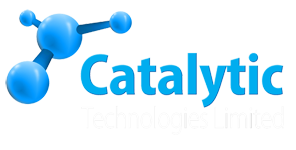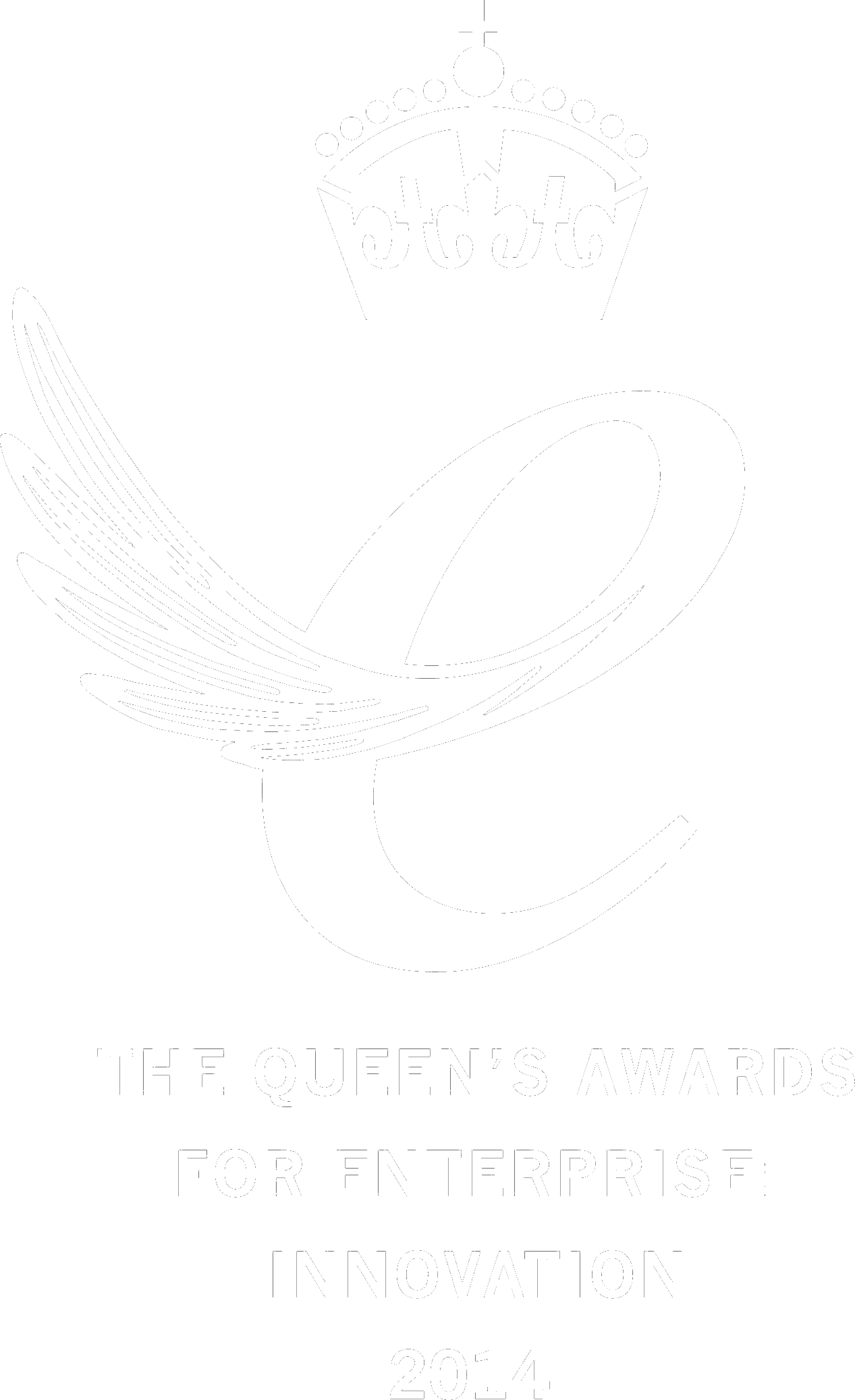Titanium catalysts are well known as selective catalysts in a range of solution and liquid phase direct- and trans-esterification reactions and the use as a catalyst in the reaction of ethylene glycol and terephthalic acid to form polyethylene terephthalate (PET) is no different. With high activity for both reaction types, and low addition level requirements, titanates appeared at first glance to be ideally suited to the PET manufacturing process.
While this has been the goal of many companies for many years, it is only now that a catalyst with sufficient selectivity and activity is available to produce PET with the desired physical properties and thermo-oxidative stability for bulk industrial scale PET manufacture and subsequent processing. The unique product, available exclusively from Catalytic Technologies Ltd, enables PET producers to manufacture high stability, high intrinsic viscosity (>0.70 dL/g) PET unlike any other condensation catalyst available on the market – including the industry standard antimony catalyst.
Catalytic Technologies Ltd have proven the brand new catalyst technology during a catalyst trial on Uhde Inventa-Fischer’s state-of-the-art 2R-MTR® continuous PET pilot unit, located in Berlin. The trial compared our patent pending CTL Ti638UP catalyst to an antimony reference with outstanding results. Matching the reaction rate of 250 ppm Sb with just 10 ppm of Ti, the trial demonstrated that not only could process parameters remain unchanged, but the high intrinsic viscosity resin produced had unrivalled thermo-oxidative stability and excellent physical and optical properties. The trial used a triethylphosphate stabiliser, however, a wide range of other phosphorous based stabilisers could also have been used.
The resin from the trial was also converted into preforms and bottles which further demonstrated the unique thermo-oxidative stability during resin melt processing, and the intrinsic advantages of using the new CTL titanium catalyst technology.
Key features of the trial for polyester resin producers:
– Easy to handle, non-flammable, air and moisture stable, free flowing liquid
– Catalyst readily soluble in ethylene glycol
– Smooth plant transition from an existing Sb catalyst a Ti only catalyst system
– Match for the rate of 250 ppm Sb with just 10 ppm Ti
– Low levels of metal addition (25x lower) allow flexibility of catalyst level to control throughput without generating unnecessary haze or increasing plant fouling; opportunity to increase nameplate capacity?
– CTL Ti638 UP offers reduced unit quantity of EG and cost required to make each MT of PET. High IV Sb-PET can lose up to 2% of ethylene glycol as volatile AA, however, Ti638UP generates 7x less AA during the process.
– Acetaldehyde (AA) removal rate from the resin is increased which can reduce residence time in, or operating temperature of the conditioning silo
– No degradation or colour change in the conditioning silo due to thermo-oxidative Ti-PET stability
– Minimal resin colour increase which is easily controlled with low dye levels
– Reduced Ti-PET resin crystallinity (12% lower) offers the potential to reduce/eliminate the iso-phthalic acid content as a raw material cost saving
– Lower metal particulate content reduces fouling and prolongs filter life times
– Brighter, clearer PET resin produced
– Lower carboxyl end group and acetaldehyde content at the end of the manufacturing process
– Consistent catalyst supply and cost from an abundant titanium source
– Titanium only; co-catalyst free
– Completely antimony and cobalt free process
Key features of the trial for preform extruders:
– Lower crystallinity chip requires ca. 40% lower energy for melt processing
– Lower crystallinity resin reduces injection cycle times
– Reduction in extrusion die temperatures of 20 °C can be used to improve melt viscosity and decrease processing time
– Reduced polymer degradation reduces IV loss, AA and carboxyl end group generation due to the unique Ti-PET thermo-oxidative stability and more facile melt processing conditions
– Reduced AA level (55% lower) minimises storage time before bottle blowing
– Brighter (by up to 4 L*) and clearer preforms produced
– Antimony and cobalt free preforms
Key features of the trial for bottle/container producers and fillers:
– 10% energy increase required for bottle blowing due to reduced metal particulate content on an equal preform weight for weight basis and in the absence of reheat additives
– Lower residual AA (60% lower) and carboxyl end group (15% lower) content
– Improved bottle clarity and brightness (by up to 4 L*)
– Higher stretch induced crystallinity bottle side walls enables bottle light weighting, bottles that are more resistant to shrinkage and that have improved barrier properties
– Lower metal residue minimises thermal crystallisation allowing for increased hot-fill temperatures without causing container shoulder to turn opaque (ca. 2°C fill temperature increase)
– Wider thermal operating window for bottle blowing due to lower Tg and higher Tc onset allowing for improved definition of intricate bottle designs
– Antimony and cobalt free bottles
For more information on the Uhde Inventa-Fischer 2R-MTR® process, please visit the polyester pages on their website: Uhde Inventa-Fischer 2R-MTR Process

